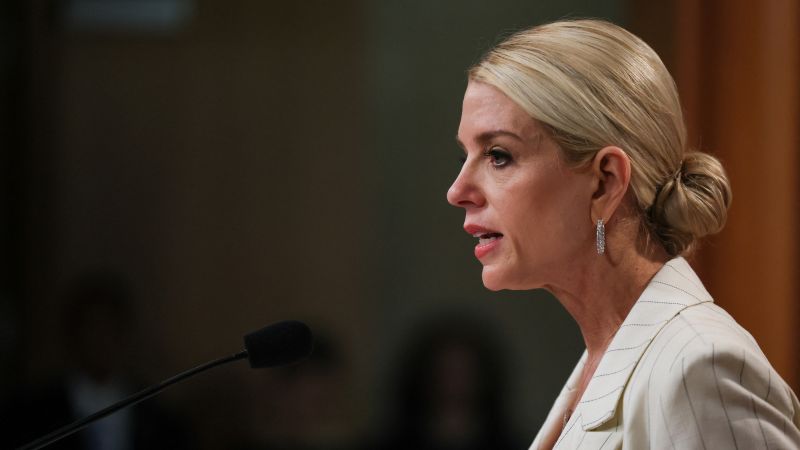Transgender Youth Care Crackdown: AG Mandates Strict DOJ Policy Enforcement

In a significant move that underscores the ongoing debate surrounding youth healthcare, Attorney General Pam Bondi has taken a decisive step by issuing a comprehensive memo of directives to Justice Department employees. The memo, which was exclusively obtained by CNN, outlines the Trump administration's approach to enforcing policies specifically targeting gender-affirming care for minors.
The document signals a potentially controversial stance on medical treatments and support for transgender youth, reflecting the administration's broader policy approach to gender identity and healthcare. By providing explicit instructions to Justice Department staff, Bondi appears to be implementing a structured framework for addressing this sensitive and complex issue.
While the full details of the memo remain under scrutiny, its release highlights the ongoing national conversation about the rights and medical care of transgender adolescents, and the legal mechanisms being employed to shape these discussions at a federal level.
